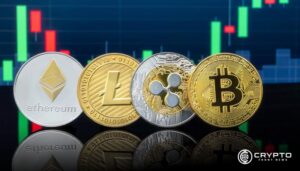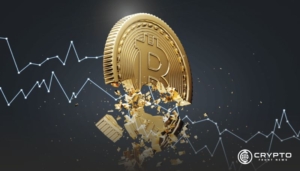- The CSI 300 index jumped 15.7% this week, its largest surge since November 2008.
- China’s $114 billion stimulus is focused on stabilizing markets and boosting domestic spending.
- Hong Kong’s Hang Seng index saw a 13% rise, the biggest since the 1998 Asian financial crisis.
Chinese stock markets witnessed their best performance in over a decade, with the CSI 300 index, tracking companies in Shanghai and Shenzhen, surging by 15.7% in just a week. This sharp rise, the largest since November 2008, came after China’s government introduced a significant $114 billion stimulus package to stabilise the economy and ensure it meets its 5% annual growth target.
On Tuesday, the People’s Bank of China unveiled an Rmb800 billion ($114 billion) lending pool designed to provide market liquidity. The fund will help companies repurchase their shares and allow non-bank financial institutions like insurers to buy local stocks.
The government’s objective is clear, inject liquidity into the markets to support capital flow and boost investor confidence. This intervention led to a 4.5% gain in the CSI 300 index on Friday alone.
Hong Kong’s Hang Seng index mirrored this momentum, posting a 13% rise during the week, the most significant jump since the 1998 Asian financial crisis. European stocks also benefited from the developments in China, especially companies reliant on Chinese consumer spending. Luxury goods manufacturers, in particular, expect the stimulus to fuel a rise in demand from China’s middle class.
Globally, the ripple effects of China’s stimulus were also felt in commodity markets. Prices of industrial metals like copper, aluminium, and zinc increased significantly.
Copper, saw a more than 5% rise since Tuesday, surpassing $10,000 per tonne, marking its highest level in three months. Iron ore prices, which had been at a two-year low due to weak steel demand, also saw an upward trajectory.
Meanwhile, on Wall Street, the S&P 500 index reached record highs three times this week, as investors anticipated a global demand surge. However, while many markets reacted positively to China’s stimulus, oil prices remained subdued, largely due to concerns that Saudi Arabia might increase its output.
Despite the rally, some restrictions remain in place. In August, Chinese regulators imposed limits on daily data flows from the Hong Kong Stock Connect program, which tracks foreign investor activity in mainland Chinese stocks. Nonetheless, trading activity surged, with Citi’s equities team reporting a record influx of client investments in Chinese and Hong Kong equities this week.
David Chao, a market strategist at Invesco, noted that Chinese markets often move on momentum, drawing comparisons to the 2014-2015 surge in the Shanghai index. However, unlike that period, weakening U.S. dollar conditions may drive more investors toward emerging markets like China.





